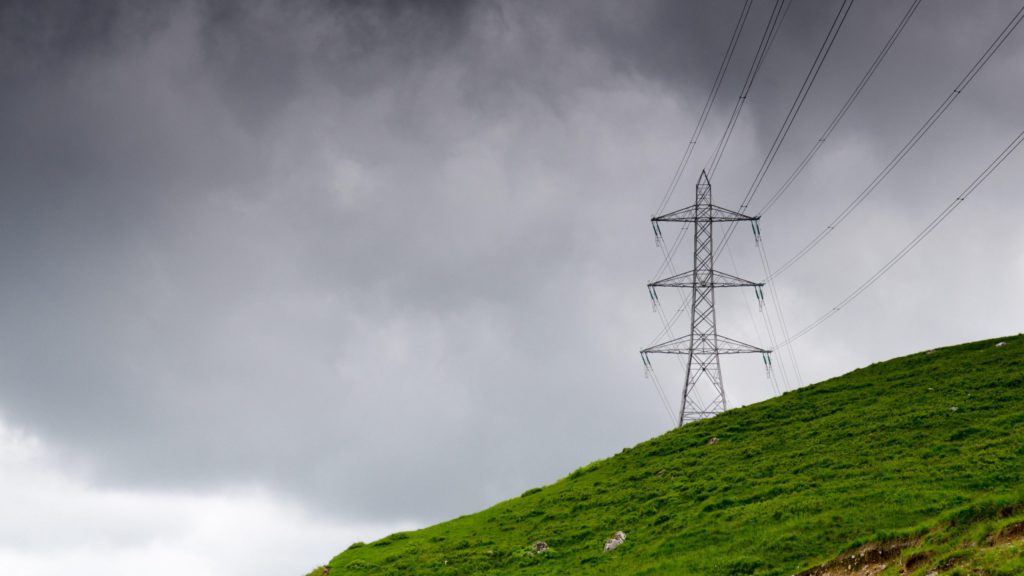Britain’s wind farms produced more than seven-tenths of electricity demand for the first time on 26 January. Output was boosted by strong winds in the North Sea enabling the world’s largest offshore wind farm (Hornsea Two) operating at almost 100% capacity factor. The quarter also saw the highest ever share of electricity produced from clean sources, at over 95% on 23 March. That same day also had the lowest ever carbon intensity, 33 g/kWh averaged over 24 hours. Just as nuclear output hit a new low averaged over the quarter, it also fell to record lows for instantaneous and daily-average share on 18 January, and monthly average output across January.
The tables below look over the past fourteen years (2009 to 2023) and report the record output and share of electricity generation, plus sustained averages over a day, a month and a calendar year. Cells highlighted in blue are records that were broken in the first quarter of 2024, or annual records broken in 2023. Each number links to the date it occurred on the Electric Insights website, so these records can be explored visually.
[4] Note that Britain has no inter-seasonal electricity storage, so we only report on half-hourly and daily records. Elexon and National Grid only report the output of large pumped hydro storage plants. The operation of battery, flywheel and other storage sites is not publicly available.
